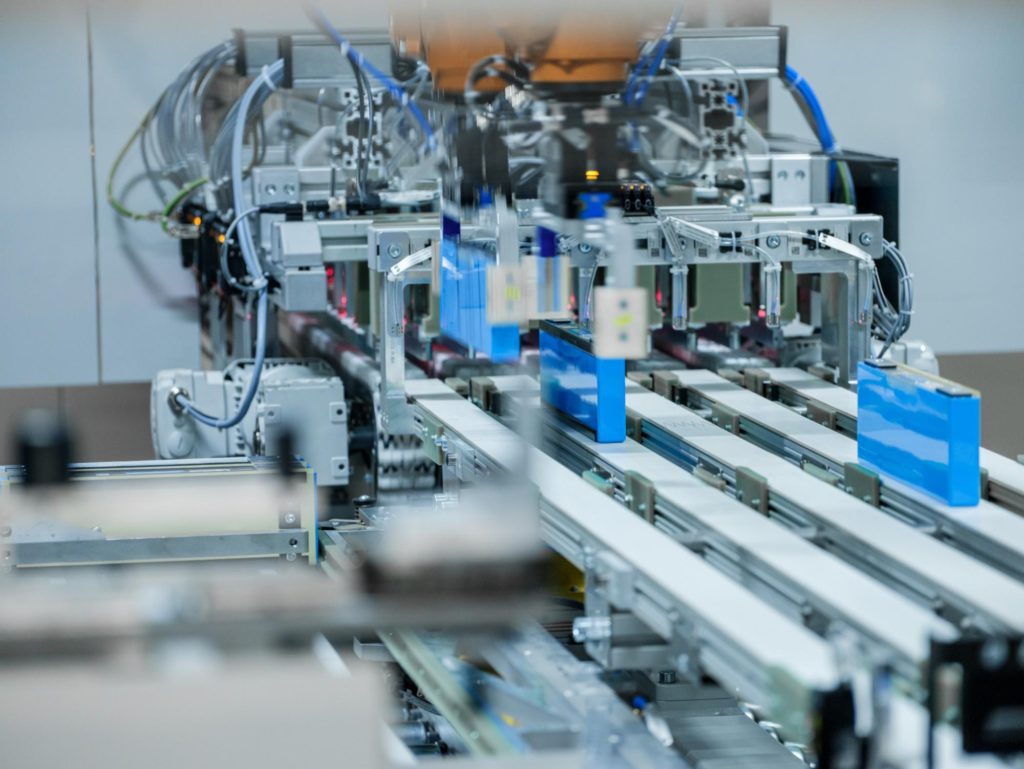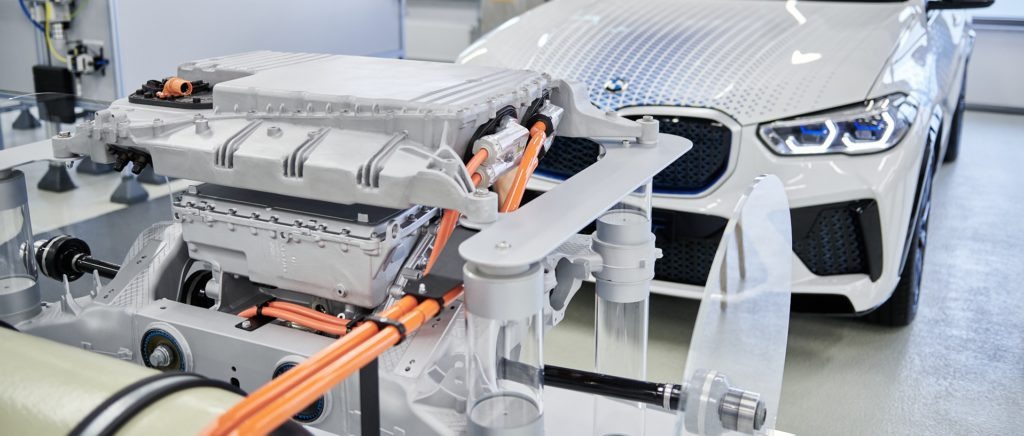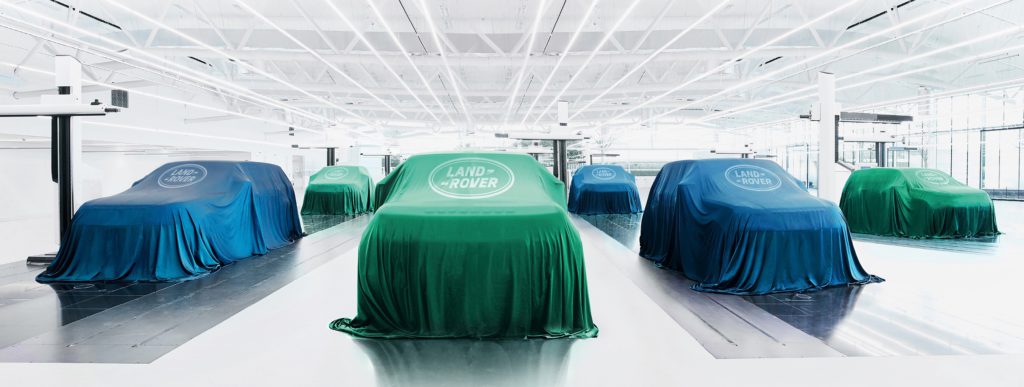JLR and BMW start their hydrogen journeys
16 June 2021

As awareness of hydrogen as an alternative to battery-electric vehicles (BEVs) is increasing, two major carmakers have announced testing programmes for fuel-cell electric vehicles (FCEVs).
Jaguar Land Rover (JLR) is developing a prototype based on the new Land Rover Defender, with testing scheduled to begin later this year. Meanwhile, BMW has begun everyday testing of its i Hydrogen NEXT model announced last year. Both companies have included hydrogen in their roadmaps to zero-emission vehicles.
Since 2018, the global number of FCEVs on the road has nearly doubled, while hydrogen refuelling stations have increased by more than 20%, according to information from the International Energy Agency (IEA). By 2030, forecasts by the Hydrogen Council predict FCEV deployment could top 10 million, with 10,000 refuelling stations worldwide.
Furthering understanding
The Defender concept is part of JLR’s aim to achieve zero tailpipe emissions by 2036 and net-zero carbon emissions across its entire supply chain, product and operations by 2039. However, the prototype will not just fuel the carmaker’s databanks of information. Known as Project Zeus, the advanced engineering programme is part-funded by the UK government’s Advanced Propulsion Centre.
It is hoped that the project will allow engineers to understand how a hydrogen powertrain can be optimised to deliver the performance and capability expected by customers. Parameters to be tested include range, refuelling effort and time, towing and off-road abilities.
Testing of the FCEV Defender will begin later this year on roads around the UK.
‘We know hydrogen has a role to play in the future powertrain mix across the whole transport industry, and alongside battery-electric vehicles, it offers another zero-tailpipe emission solution for the specific capabilities and requirements of Jaguar Land Rover’s line-up of vehicles,’ said Ralph Clague, head of hydrogen and fuel cells at JLR. ‘The work done alongside our partners in Project Zeus will help us on our journey to become a net-zero carbon business by 2039 as we prepare for the next generation of zero tailpipe emissions vehicles.’
NEXT in line
While JLR develops its Defender ready for testing, BMW is already taking to the roads of Germany with its FCEV concept.
Prototypes of the BMW i Hydrogen NEXT are set to examine how effectively the zero-emission drivetrain, model-specific chassis technology and vehicle electronics systems work together under real-life conditions. The testing programme paves the way for the carmaker to present a small-series model, developed on the basis of the BMW X5, in late 2022.
‘Hydrogen fuel-cell technology can be an attractive option for sustainable drivetrains – especially in larger vehicle classes,’ said Frank Weber, member of the board of management of BMW AG responsible for Development. ‘That is why road testing of near-standard vehicles with a hydrogen fuel-cell drivetrain is an important milestone in our research and development efforts.’
Safety first
Field testing of the i Hydrogen NEXT is focused on efficiency, safety, convenience, reliability and driving pleasure. A key focus of the road tests is to fine-tune the software that controls driving and operational functions.
The fuel-cell system, hydrogen tanks, performance-buffer battery and central vehicle control unit have all previously been tested individually and in hundreds of test runs conducted on test benches.
The intensive programme the carmaker has planned is to be conducted under everyday conditions, with thousands of kilometres driven in real traffic situations. This helps development engineers validate the efficiency, safety, convenience and reliability of all components.
The BMW i Hydrogen NEXT uses fuel-cells from the product-development cooperation with Toyota Motor Corporation. The individual cells come from Toyota, while the fuel-cell stack and complete drive system are original BMW Group developments. The cooperation, established in 2013, seeks to optimise the everyday practicality and scalability of hydrogen fuel-cell technology for use in each company’s respective production vehicles through the intensive exchange of experience.
As carmakers move their BEV projects out from the research and development phase into the wider market, time and funding are freed up for further projects. As hydrogen offers a credible alternative to electric propulsion, much like with petrol and diesel, we could see a two-fuel society with zero emissions in the years to come.



